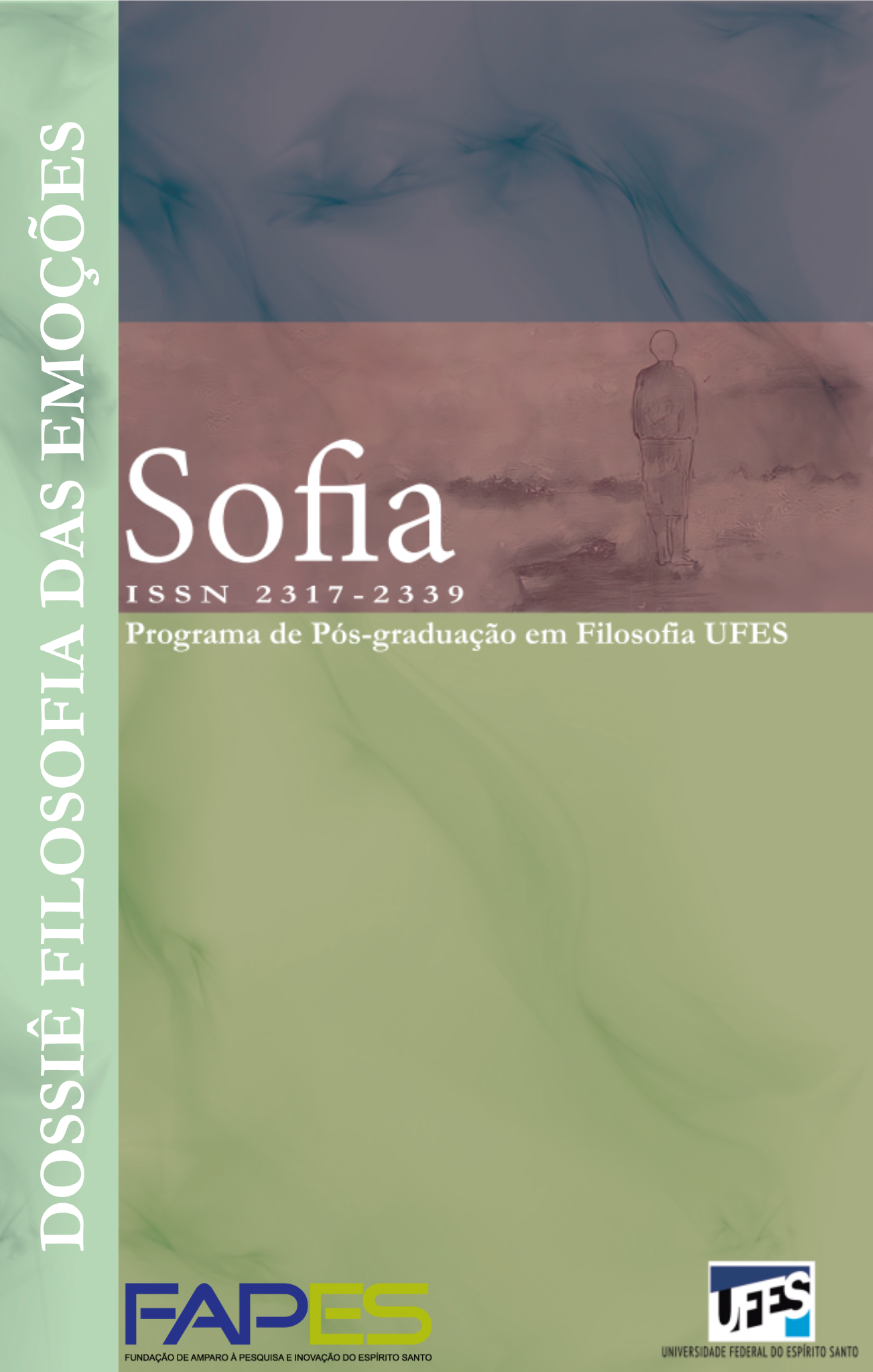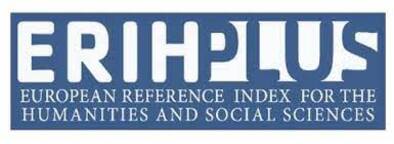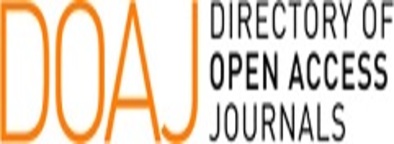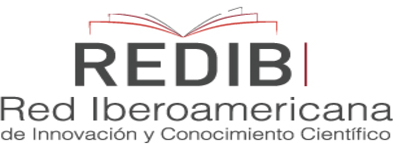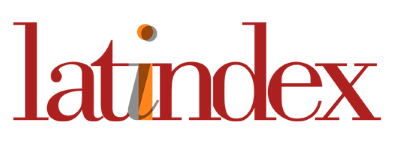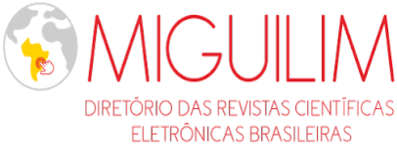A natureza agápica da conduta pragmática
ciência como busca ética pela verdade
DOI:
https://doi.org/10.47456/sofia.v12i2.41442Palabras clave:
agapismo, ciência , crença, negacionismo científico , verdadeResumen
Buscamos compreender neste trabalho o papel do pragmatismo de Peirce enquanto face ética da investigação científica e como instanciação da lei evolucionária do amor criativo, ou Agapismo. Em meio ao cenário informacional contemporâneo no qual as redes se tornam plataformas para a transmissão de crenças por contágio, a desconfiança no método científico se intensifica e promove atitudes negacionistas, bem como o consequente desprezo pela alteridade dos fatos. Nesse contexto, é possível questionar: o método científico está sujeito à dinâmica comunicacional de nosso tempo? Isto é, seus produtos serão, de algum modo, influenciados pela desinformação? Como suporte teórico à análise deste cenário, convocamos o princípio evolutivo agápico defendido por Peirce em seu ensaio Evolutionary love, segundo o qual todo o cosmo evolui, em busca da harmonia como ideal aglutinador. Tal princípio evolutivo, enquanto uma lei geral, apresenta-se por meio de sua instanciação que julgamos estar configurada na conduta pragmática. Sob o ponto de vista do pragmatismo, na medida em que toma a alteridade da realidade como guia corretivo de conduta, o curso da história deverá, malgrado a custos conflitivos altos e de seu próprio retardamento, desmobilizar o desprezo pela ciência e uso irresponsável das plataformas comunicacionais, fazendo com que as novidades resultantes de nosso tempo sejam incorporadas cada vez mais na estrutura de nossos hábitos ao mesmo tempo em que promovem mudanças em nós.
Referencias
BAGGIO, R. H. Como as redes fixam crença: uma análise realista da pós-verdade e suas implicações semiótico-pragmáticas. 2021. 200 f. Tese (Doutorado) – Programa de Estudos Pós-Graduados em Filosofia, Pontifícia Universidade Católica de São Paulo, PUC-SP, São Paulo, 2021.
DARWIN, C. On the Origin of Species. London: John Murray, Albermale Street, 1859.
Esposito, J. (2005). Synechism: the Keystone of Peirce’s Metaphysics. In: BERGMAN, H.; QUEIROZ, J. (Eds.). The Commens Encyclopedia: The Digital Encyclopedia of Peirce Studies. New Edition., 2005, Disponível em: http://www.commens.org/encyclopedia/article/esposito-joseph-synechism-keystone-peirce%e2%80%99s-metaphysics . Acesso em: 20/11/2023.
HOUSER, N. The Disintegration of Social Mind. Cognitio: Revista de Filosofia, v. 20, n. 1, p. 62-76, 2019.
IBRI, I. A. Kósmos Noetós: a Arquitetura Metafísica de Charles S. Peirce. São Paulo: Paulus, 2015.
IBRI, I. A. Semiótica e Pragmatismo: interfaces teóricas. v. 1. Marília: Oficina Universitária; São Paulo: Cultura acadêmica, 2020.
IBRI, I. A. Semiótica e Pragmatismo: interfaces teóricas. v. 2. Marília: Oficina Universitária; São Paulo: Cultura acadêmica, 2021.
LAMARCK, J. Philosophie zoologique: Ou exposition; des considerations relative à l'histoire naturelle des animaux. Cambridge: Cambridge University Press, 2011.
LISZKA, J. J. A estética de Peirce como uma ciência dos fins ideais. Cognitio: Revista De Filosofia, v. 18, n. 2, p. 205-229, 2018. https://doi.org/10.23925/2316-5278.2017v18i2p205-229 . Acesso em: 20/11/2023.
OLIVER, D. W. The Final Cause and Agapasm in Peirce’s Philosophy. In: Studies in the Philosophy of Charles Sanders Peirce. Ed. by Edward C. Moore and Richard S. Robin. Amherst: University of Massachusetts Press, 1964.
PEIRCE, C. S. Collected Papers of Charles Sanders Peirce. 8 vols. Ed. by Hartshorne, Charles, Paul Weiss, and Arthur Burks. Cambridge, MA. Harvard University Press. 1931-35 e 1958.
PEIRCE, C. S. The Essential Peirce: Selected Philosophical Writings. vol. 1. Edited by Nathan Houser and Christian Kloesel. Bloomington: Indiana University Press, 1992.
SANTAELLA, L. Chaves do Pragmatismo Peirciano nas Ciências Normativas. Cognitio: Revista de Filosofia, ano 1, n. 1, p. 94-101, 2000.
Descargas
Publicado
Número
Sección
Licencia
Derechos de autor 2023 Renan Henrique Baggio

Esta obra está bajo una licencia internacional Creative Commons Atribución 4.0.
Dada a política de acesso público da revista, o uso dos textos publicados é gratuito, com a obrigação de reconhecer a autoria original e a primeira publicação nesta revista. Os autores das contribuições publicadas são inteiramente e exclusivamente responsáveis por seus conteúdos.
I Os autores autorizam a publicação do artigo nesta revista.
II Os autores garantem que a contribuição é original e assumem total responsabilidade pelo seu conteúdo em caso de impugnação por terceiros.
III Os autores garantem que a contribuição não está sob avaliação em outra revista.
IV Os autores mantêm os direitos autorais e concedem à revista o direito de primeira publicação, sendo o trabalho licenciado sob uma Licença Creative Commons Atribuição-BY.
V Os autores são autorizados e incentivados a divulgar e distribuir seu trabalho on-line após a publicação na revista.
VI Os autores dos trabalhos aprovados autorizam a revista a distribuir seu conteúdo, após a publicação, para reprodução em índices de conteúdo, bibliotecas virtuais e similares.
VII Os editores reservam o direito de fazer ajustes no texto e adequar o artigo às normas editoriais da revista.

